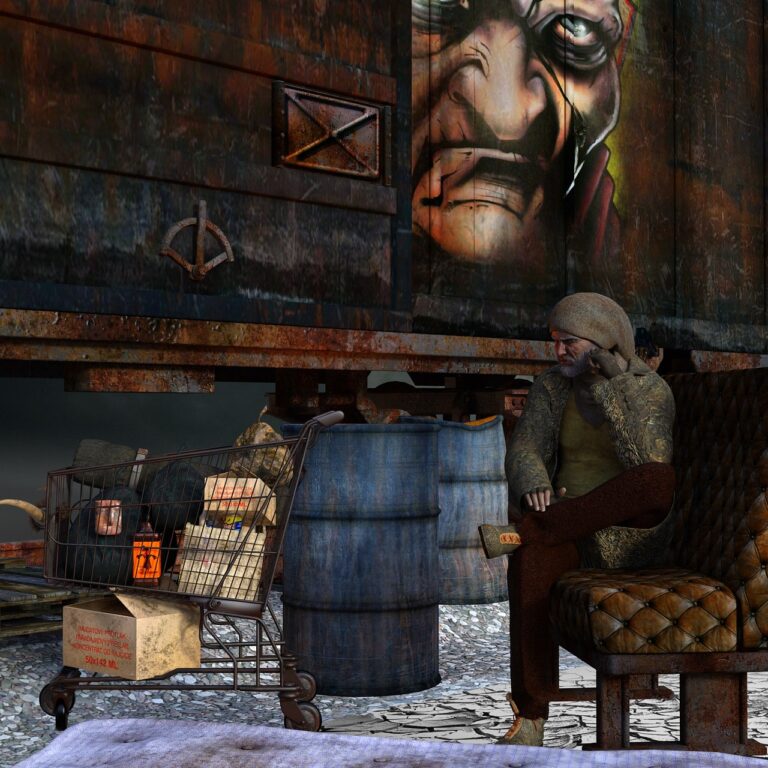Analyzing the Impact of Tariffs on Instrument Retailers
11xplay new id, india 24 bat, skyinplay live login: Analyzing the Impact of Tariffs on Instrument Retailers
Tariffs are a hot topic in the business world, especially for instrument retailers who rely heavily on imported goods. These additional taxes on imported products can have a significant impact on the music industry, influencing everything from the cost of instruments to the availability of certain products. Let’s delve deeper into how tariffs affect instrument retailers and what businesses in this sector can do to navigate these challenges.
Uncertainty in Pricing
One of the most immediate impacts of tariffs on instrument retailers is the uncertainty in pricing. With additional taxes imposed on imported goods, retailers may have to raise prices to offset the increased costs. This can lead to sticker shock for consumers and may result in decreased sales for retailers. On the other hand, retailers may choose to absorb some of the tariff costs themselves to remain competitive, which can eat into their profit margins.
Supply Chain Disruption
Tariffs can also disrupt the supply chain for instrument retailers. With increased taxes on imported goods, retailers may face delays in receiving shipments or find it challenging to source certain products. This can lead to inventory shortages and impact sales. In some cases, retailers may need to find alternative suppliers or consider domestic manufacturing options to mitigate the effects of tariffs.
Competitive Pressure
Tariffs can create competitive pressure for instrument retailers, especially for smaller businesses. Larger retailers may have the resources to absorb tariff costs or negotiate better deals with suppliers, putting smaller retailers at a disadvantage. This can result in smaller retailers losing market share or even going out of business.
Navigating Tariff Challenges
Despite the challenges posed by tariffs, instrument retailers can take steps to navigate these obstacles and protect their businesses. One strategy is to diversify suppliers to reduce reliance on a single source of imported goods. By working with multiple suppliers, retailers can minimize the impact of tariffs on their operations and ensure a steady supply of products.
Another strategy is to stay informed about changes in tariff rates and regulations. By staying up-to-date on trade developments, retailers can anticipate changes in costs and adjust their pricing strategies accordingly. Additionally, retailers can work with industry associations and trade organizations to advocate for fair trade policies and support initiatives that benefit the music industry as a whole.
FAQs
Q: How do tariffs affect the cost of musical instruments for consumers?
A: Tariffs can lead to higher prices for musical instruments, as retailers may pass on the increased costs to consumers.
Q: Can retailers negotiate with suppliers to offset tariff costs?
A: Yes, retailers can negotiate with suppliers to share the burden of tariff costs or seek alternative sourcing options to reduce the impact on pricing.
Q: Are domestic manufacturing options a viable solution for retailers facing tariffs?
A: Domestic manufacturing can be a viable solution for retailers looking to mitigate the effects of tariffs, but it may require significant investment and time to establish a local supply chain.
In conclusion, tariffs can have a significant impact on instrument retailers, affecting pricing, supply chain operations, and competitive dynamics. By staying informed, diversifying suppliers, and advocating for fair trade policies, retailers can navigate these challenges and protect their businesses in an increasingly complex global market.







